Impact of toddler English academies
입력 2025.03.11 (00:10)
읽어주기 기능은 크롬기반의
브라우저에서만 사용하실 수 있습니다.
[Anchor]
Continuing our series on finding solutions to low birth rates, today (Mar. 10) we will examine the issue of private education for infants and toddlers.
These days, it is said that parents start sending their children to English academies even before they are potty trained.
And the payments are quite significant.
This has become a factor that discourages people from having children.
Reporter Go Ah-reum has the story.
[Report]
At an English academy in Gangnam, Seoul, it’s time for the children to arrive.
Toddlers, barely able to walk, are brought in by their parents.
[“Do well and see you!”]
To enter what is called an 'English kindergarten', children start attending the infant department of English academies around their first birthday.
The monthly tuition fee, excluding books and supplies, is 1.9 million won.
If they continue to attend an English kindergarten, the total cost before entering elementary school can exceed 110 million won over five years.
[Nam Ki-jeong/Director of an English Academy in Daechi-dong: “I think less than 10% of the children can take everything in. The rest are just filling in.”]
In this area, there is even something called 'elementary medical school classes'. And there is an unwritten rule that to properly prepare for math in elementary school, children must learn English from early childhood.
As the starting age for private education is lowered, the financial burden of education has also increased.
[Parent/voice altered: “I’m saving money. To prepare a lump sum for my child’s academy fees when they are in high school.”]
Research shows that for every 1% increase in private education costs, the birth rate drops by as much as 0.26%.
This negative impact of private education costs is particularly greater for second and third children.
[Parent/voice altered: “If I were to have a second child? I don't think I would be able to do it.”]
The government is aware of the seriousness of the private education market for infants and toddlers, but there are no related statistics available yet.
[Yang Jeong-ho/Professor of Education at Sungkyunkwan University: “The scale of private education related to infants and toddlers can be estimated to be at least 3 trillion won, and possibly close to 6 trillion won. (These children) are also likely to continue receiving private education until high school or beyond.”]
Experts point out that indiscriminate private education for infants and toddlers leads to low birth rates, and that it is necessary to accurately assess the situation to alleviate parents' anxiety.
This is KBS News Go Ah-reum.
Continuing our series on finding solutions to low birth rates, today (Mar. 10) we will examine the issue of private education for infants and toddlers.
These days, it is said that parents start sending their children to English academies even before they are potty trained.
And the payments are quite significant.
This has become a factor that discourages people from having children.
Reporter Go Ah-reum has the story.
[Report]
At an English academy in Gangnam, Seoul, it’s time for the children to arrive.
Toddlers, barely able to walk, are brought in by their parents.
[“Do well and see you!”]
To enter what is called an 'English kindergarten', children start attending the infant department of English academies around their first birthday.
The monthly tuition fee, excluding books and supplies, is 1.9 million won.
If they continue to attend an English kindergarten, the total cost before entering elementary school can exceed 110 million won over five years.
[Nam Ki-jeong/Director of an English Academy in Daechi-dong: “I think less than 10% of the children can take everything in. The rest are just filling in.”]
In this area, there is even something called 'elementary medical school classes'. And there is an unwritten rule that to properly prepare for math in elementary school, children must learn English from early childhood.
As the starting age for private education is lowered, the financial burden of education has also increased.
[Parent/voice altered: “I’m saving money. To prepare a lump sum for my child’s academy fees when they are in high school.”]
Research shows that for every 1% increase in private education costs, the birth rate drops by as much as 0.26%.
This negative impact of private education costs is particularly greater for second and third children.
[Parent/voice altered: “If I were to have a second child? I don't think I would be able to do it.”]
The government is aware of the seriousness of the private education market for infants and toddlers, but there are no related statistics available yet.
[Yang Jeong-ho/Professor of Education at Sungkyunkwan University: “The scale of private education related to infants and toddlers can be estimated to be at least 3 trillion won, and possibly close to 6 trillion won. (These children) are also likely to continue receiving private education until high school or beyond.”]
Experts point out that indiscriminate private education for infants and toddlers leads to low birth rates, and that it is necessary to accurately assess the situation to alleviate parents' anxiety.
This is KBS News Go Ah-reum.
■ 제보하기
▷ 카카오톡 : 'KBS제보' 검색, 채널 추가
▷ 전화 : 02-781-1234, 4444
▷ 이메일 : kbs1234@kbs.co.kr
▷ 유튜브, 네이버, 카카오에서도 KBS뉴스를 구독해주세요!
- Impact of toddler English academies
-
- 입력 2025-03-11 00:10:22
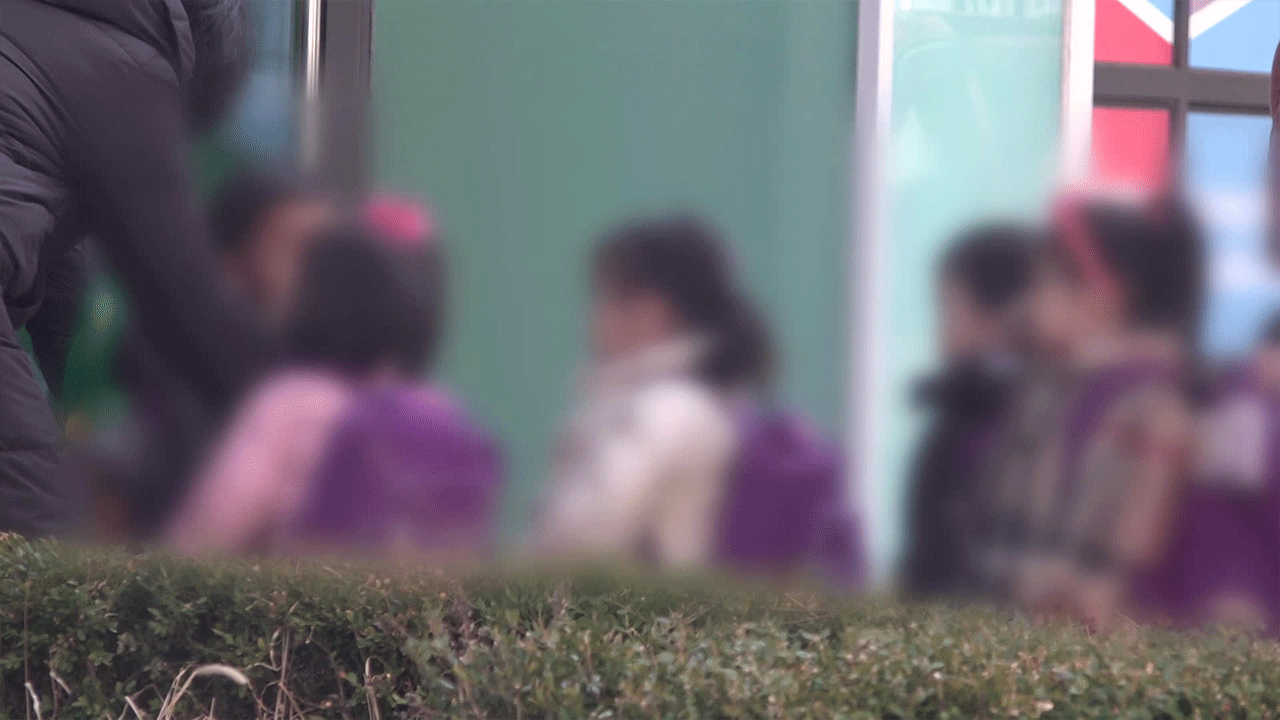
[Anchor]
Continuing our series on finding solutions to low birth rates, today (Mar. 10) we will examine the issue of private education for infants and toddlers.
These days, it is said that parents start sending their children to English academies even before they are potty trained.
And the payments are quite significant.
This has become a factor that discourages people from having children.
Reporter Go Ah-reum has the story.
[Report]
At an English academy in Gangnam, Seoul, it’s time for the children to arrive.
Toddlers, barely able to walk, are brought in by their parents.
[“Do well and see you!”]
To enter what is called an 'English kindergarten', children start attending the infant department of English academies around their first birthday.
The monthly tuition fee, excluding books and supplies, is 1.9 million won.
If they continue to attend an English kindergarten, the total cost before entering elementary school can exceed 110 million won over five years.
[Nam Ki-jeong/Director of an English Academy in Daechi-dong: “I think less than 10% of the children can take everything in. The rest are just filling in.”]
In this area, there is even something called 'elementary medical school classes'. And there is an unwritten rule that to properly prepare for math in elementary school, children must learn English from early childhood.
As the starting age for private education is lowered, the financial burden of education has also increased.
[Parent/voice altered: “I’m saving money. To prepare a lump sum for my child’s academy fees when they are in high school.”]
Research shows that for every 1% increase in private education costs, the birth rate drops by as much as 0.26%.
This negative impact of private education costs is particularly greater for second and third children.
[Parent/voice altered: “If I were to have a second child? I don't think I would be able to do it.”]
The government is aware of the seriousness of the private education market for infants and toddlers, but there are no related statistics available yet.
[Yang Jeong-ho/Professor of Education at Sungkyunkwan University: “The scale of private education related to infants and toddlers can be estimated to be at least 3 trillion won, and possibly close to 6 trillion won. (These children) are also likely to continue receiving private education until high school or beyond.”]
Experts point out that indiscriminate private education for infants and toddlers leads to low birth rates, and that it is necessary to accurately assess the situation to alleviate parents' anxiety.
This is KBS News Go Ah-reum.
Continuing our series on finding solutions to low birth rates, today (Mar. 10) we will examine the issue of private education for infants and toddlers.
These days, it is said that parents start sending their children to English academies even before they are potty trained.
And the payments are quite significant.
This has become a factor that discourages people from having children.
Reporter Go Ah-reum has the story.
[Report]
At an English academy in Gangnam, Seoul, it’s time for the children to arrive.
Toddlers, barely able to walk, are brought in by their parents.
[“Do well and see you!”]
To enter what is called an 'English kindergarten', children start attending the infant department of English academies around their first birthday.
The monthly tuition fee, excluding books and supplies, is 1.9 million won.
If they continue to attend an English kindergarten, the total cost before entering elementary school can exceed 110 million won over five years.
[Nam Ki-jeong/Director of an English Academy in Daechi-dong: “I think less than 10% of the children can take everything in. The rest are just filling in.”]
In this area, there is even something called 'elementary medical school classes'. And there is an unwritten rule that to properly prepare for math in elementary school, children must learn English from early childhood.
As the starting age for private education is lowered, the financial burden of education has also increased.
[Parent/voice altered: “I’m saving money. To prepare a lump sum for my child’s academy fees when they are in high school.”]
Research shows that for every 1% increase in private education costs, the birth rate drops by as much as 0.26%.
This negative impact of private education costs is particularly greater for second and third children.
[Parent/voice altered: “If I were to have a second child? I don't think I would be able to do it.”]
The government is aware of the seriousness of the private education market for infants and toddlers, but there are no related statistics available yet.
[Yang Jeong-ho/Professor of Education at Sungkyunkwan University: “The scale of private education related to infants and toddlers can be estimated to be at least 3 trillion won, and possibly close to 6 trillion won. (These children) are also likely to continue receiving private education until high school or beyond.”]
Experts point out that indiscriminate private education for infants and toddlers leads to low birth rates, and that it is necessary to accurately assess the situation to alleviate parents' anxiety.
This is KBS News Go Ah-reum.
-
-
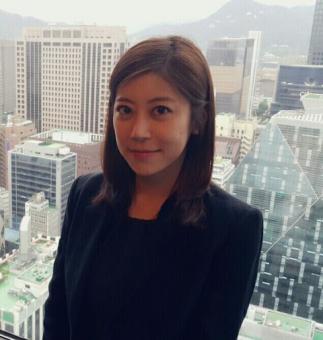
고아름 기자 areum@kbs.co.kr
고아름 기자의 기사 모음
-
이 기사가 좋으셨다면
-
좋아요
0
-
응원해요
0
-
후속 원해요
0










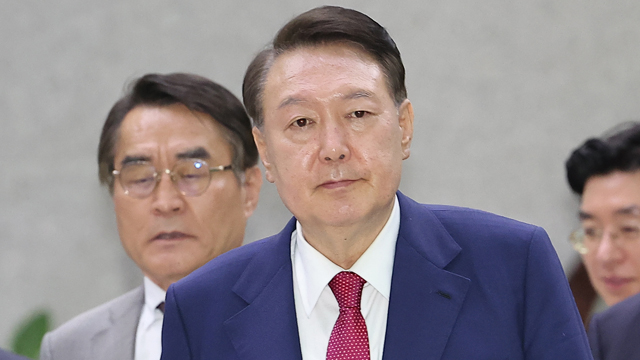
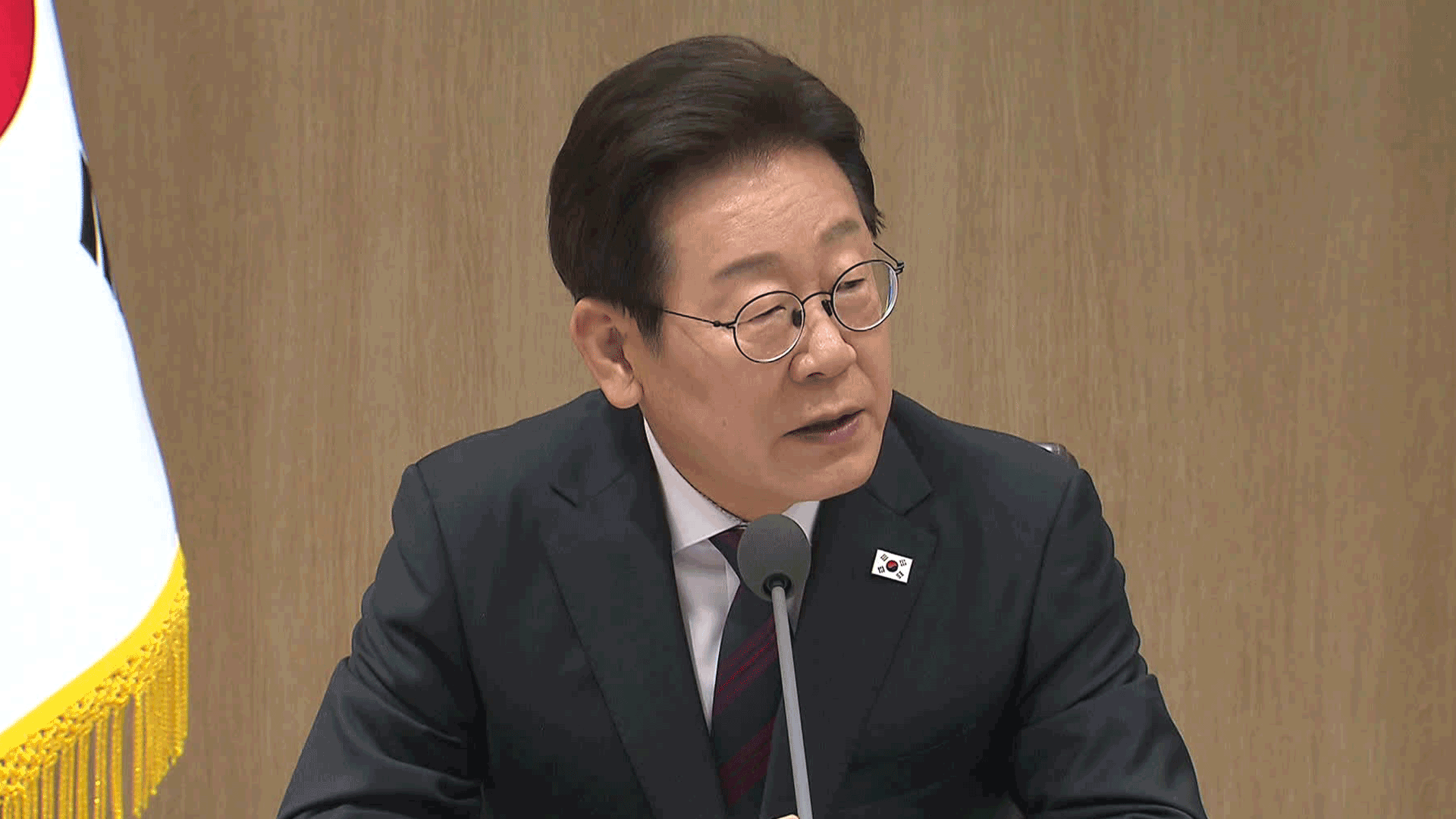
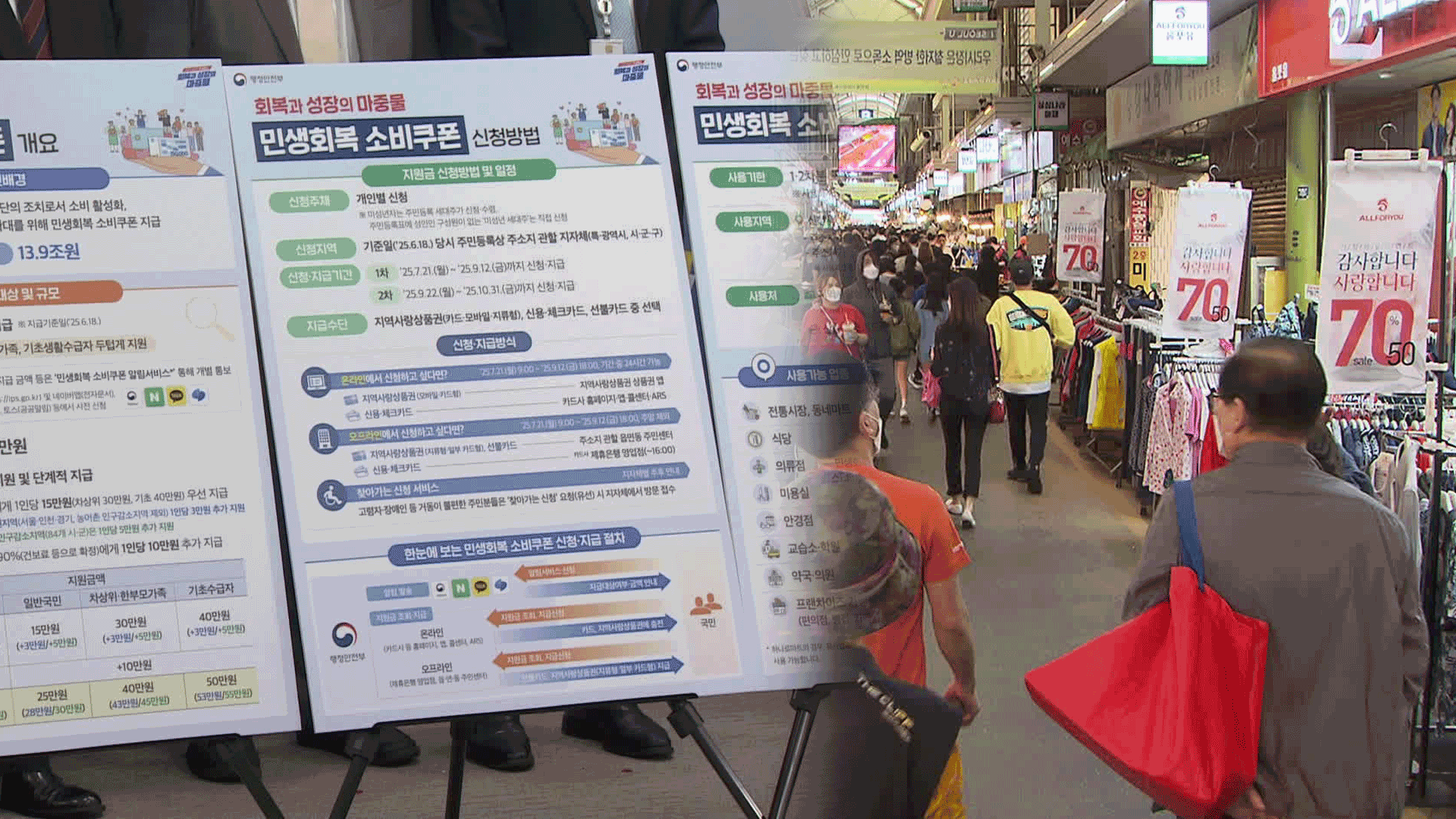
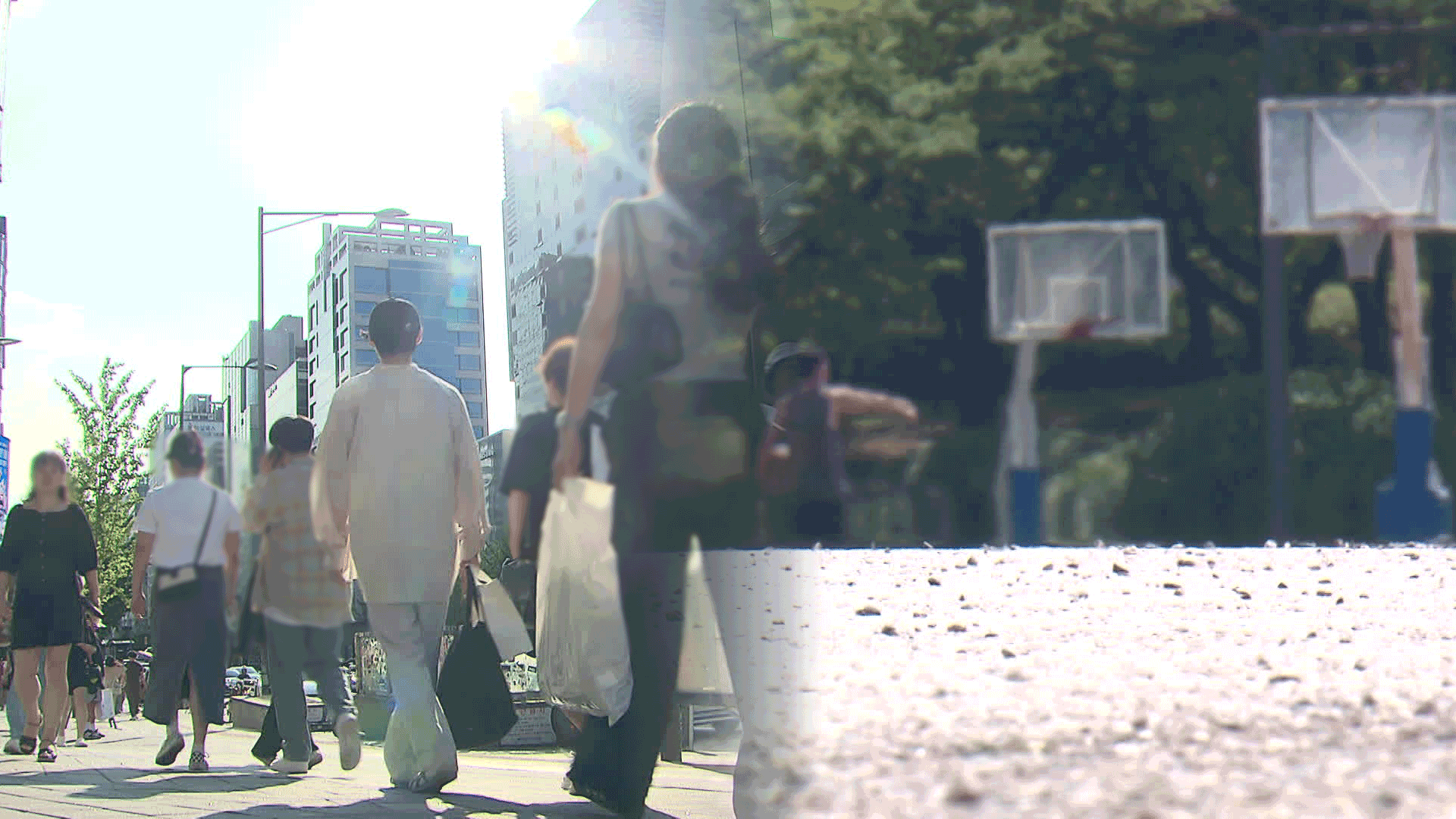

이 기사에 대한 의견을 남겨주세요.